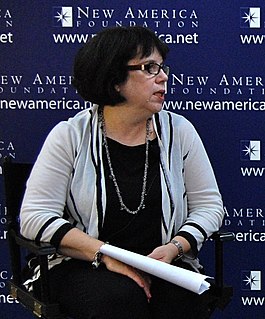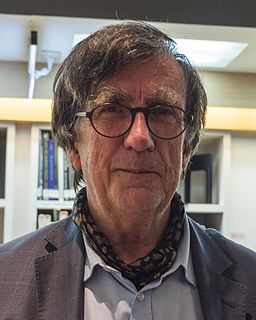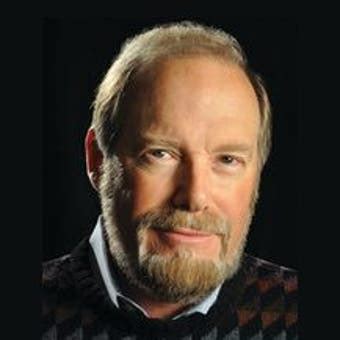A Quote by Lewis Wolpert
Both Newton and Darwin were driven by the data and were forced to recognize that they couldn't explain everything. It may be a characteristic of great scientists to know what to accept and what to leave out.
Related Quotes
How did scientists get money in the past? They were either lucky and independently wealthy, like Darwin, or they had patrons, like Galileo. Universities or governments have become patrons only in the last few generations. Many of the great scientists of the past were in debt to their patrons in the same sense that modern scientists are influenced by what their granting agencies want.
Beyond the Einsteins and Darwins, most scientists don't have chroniclers. Einstein and Darwin were geniuses - that helps. Many scientists do amazing stuff, but it just disappears into footnotes and dusty medical journals. If I were masochistic enough, I could spend the rest of my life rescuing scientists. Most of them aren't natural self-promoters.
Ever since Sir Isaac Newton's times, scientists have worked in the same sort of way: They show a great respect for experiment and observation, They don't cherry pick data, They take a skeptical approach to what they do. And then scientists work together to get a consensus as to what should be believed And that generates very reliable knowledge and that reliable knowledge drives innovation
Charles Darwin [is my personal favorite Fellow of the Royal Society]. I suppose as a physical scientist I ought to have chosen Newton. He would have won hands down in an IQ test, but if you ask who was the most attractive personality then Darwin is the one you'd wish to meet. Newton was solitary and reclusive, even vain and vindictive in his later years when he was president of the society.
The scientists I looked up to at the beginning were not Latino. They were famous scientists of many years ago, like Madame Curie. Later, I realized that there were also, but a very few, Latino scientists. There were good ones, but very few, because there wasn't as much a tradition to be a scientist in our culture. But this is changing.
Both Socrates and Jesus were outstanding teachers; both of them urged and practiced great simplicity of life; both were regarded as traitors to the religion of their community; neither of them wrote anything; both of them were executed; and both have become the subject of traditions that are difficult or impossible to harmonize.
In China, I witnessed forced abortions and forced sterilizations performed on women who were told that the children they were carrying were 'illegal'. I went with them when they were arrested and remained with them as they were subjected to mind-bending psychological torture. And I accompanied them as they went in tears to the local clinic to have their pregnancies aborted.
We're an Ag college," I explain to them. "Not as good as the one in Yanco but we have livestock." "Cows?" Anson Choi asks, covering his nose. "Pigs, too. And horses. Great for growing tomatoes. The Cadets are wanna-be soldiers. City people. They may know how to street fight but they don't know how to wade through manure. "I'm going to throw up," one of the guys says. "Don't feel too bad," I explain. "Some of our lot did while they were laying out this stuff. Actually, right there where you're standing.
Facts and theories are different things, not rungs in a hierarchy of increasing certainty. Facts are the world's data. Theories are structures of ideas that explain and interpret facts. Facts do not go away while scientists debate rival theories for explaining them. Einstein's theory of gravitation replaced Newton's, but apples did not suspend themselves in mid-air pending the outcome.


































